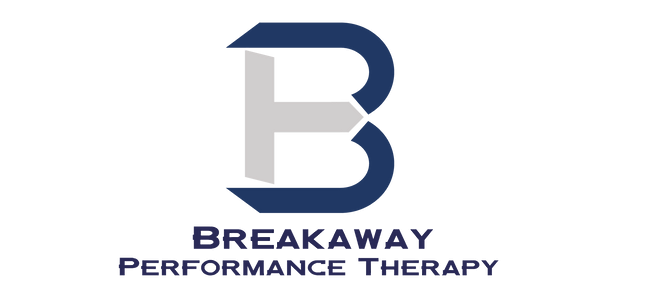Disc Herniation
Each vertebra is separated by a vertebral disc which acts as a cushion between each segment and when the disc structure is compromised it can put pressure on the nerves that exit the spinal cord. Disc herniation can cause pain, weakness or paresthesia that travels down the buttock or leg, often in a specific pattern to each segment and usually one-sided symptoms. Common causes of disc herniation are repetitive movements, poor lifting technique, abdominal weakness, poor abdominal bracing and poor postural awareness. Disc herniations can also result from traumatic events such as car accidents or falls, especially where forward flexion is exaggerated and unexpected. Treatment includes correcting spinal mechanics, manual therapy, soft tissue mobilization, functional movement training, core strengthening, abdominal bracing techniques and proper lifting techniques.
A common misconception with disc herniation is that because a herniation is present on an MRI, it must be the reason for back pain. The presence of a herniation alone does not necessarily mean that the symptoms are a result of herniation. It is possible to have a herniation that does not put pressure on any of the nerve roots and is completely asymptomatic.
Individuals experiencing these symptoms may report numbness and tingling sensations that can radiate to the shoulder, elbow, or hand. Additionally, they may notice a weakening of their grip or a generalized weakness in the upper extremities. Pain can manifest in the upper back, shoulder blade, or localized areas of the neck. Muscle tightness, the presence of trigger points, or “knots” in the muscles of the neck, upper back, and shoulders may also be observed. Furthermore, individuals might suffer from one-sided headaches that are often triggered by motion. These symptoms may indicate various underlying medical conditions, and it is advisable for affected individuals to seek medical evaluation and guidance for proper diagnosis and management.
Surgery is NOT always the Answer
Surgery may sound like an easy and quick fix, but it is often times avoidable with physical therapy and does not always relieve neck pain, in fact, surgery may make deficits worse depending on how your body responds to it! Seeing a Physical Therapist can help determine the specific root cause of your neck pain in order to help you address the deficits and avoid costly pain injections, surgeries and ultimately return back to the things that are most important to you!

